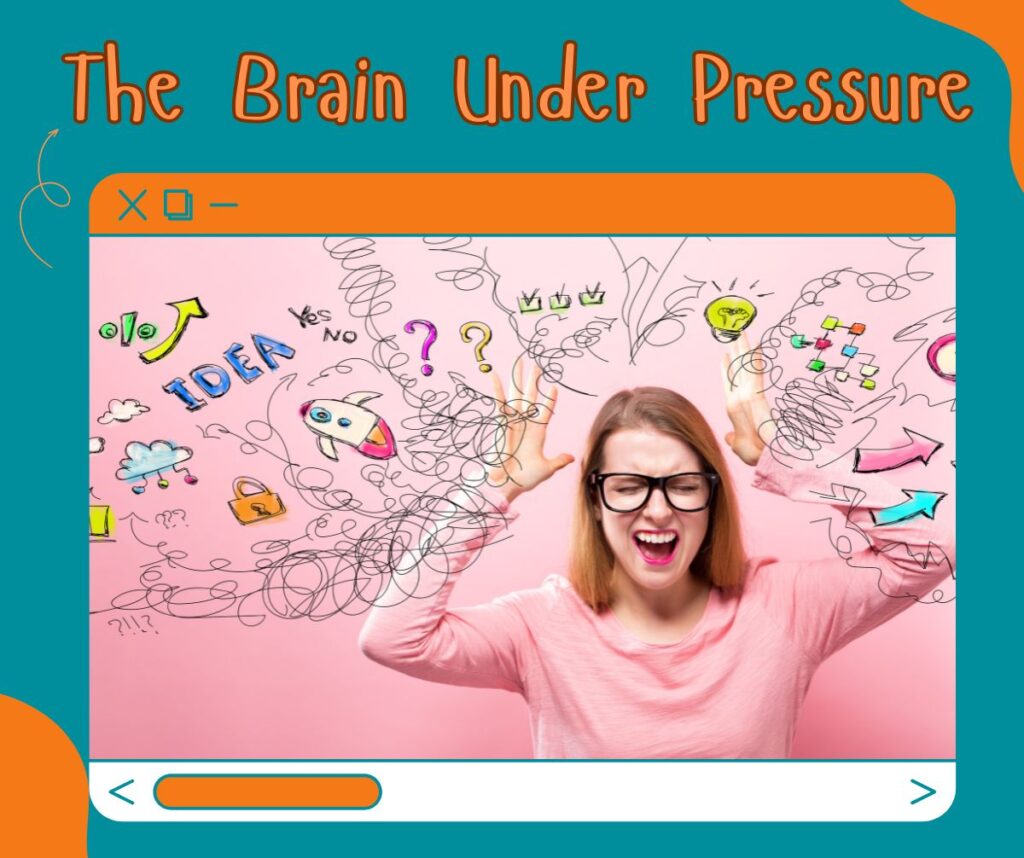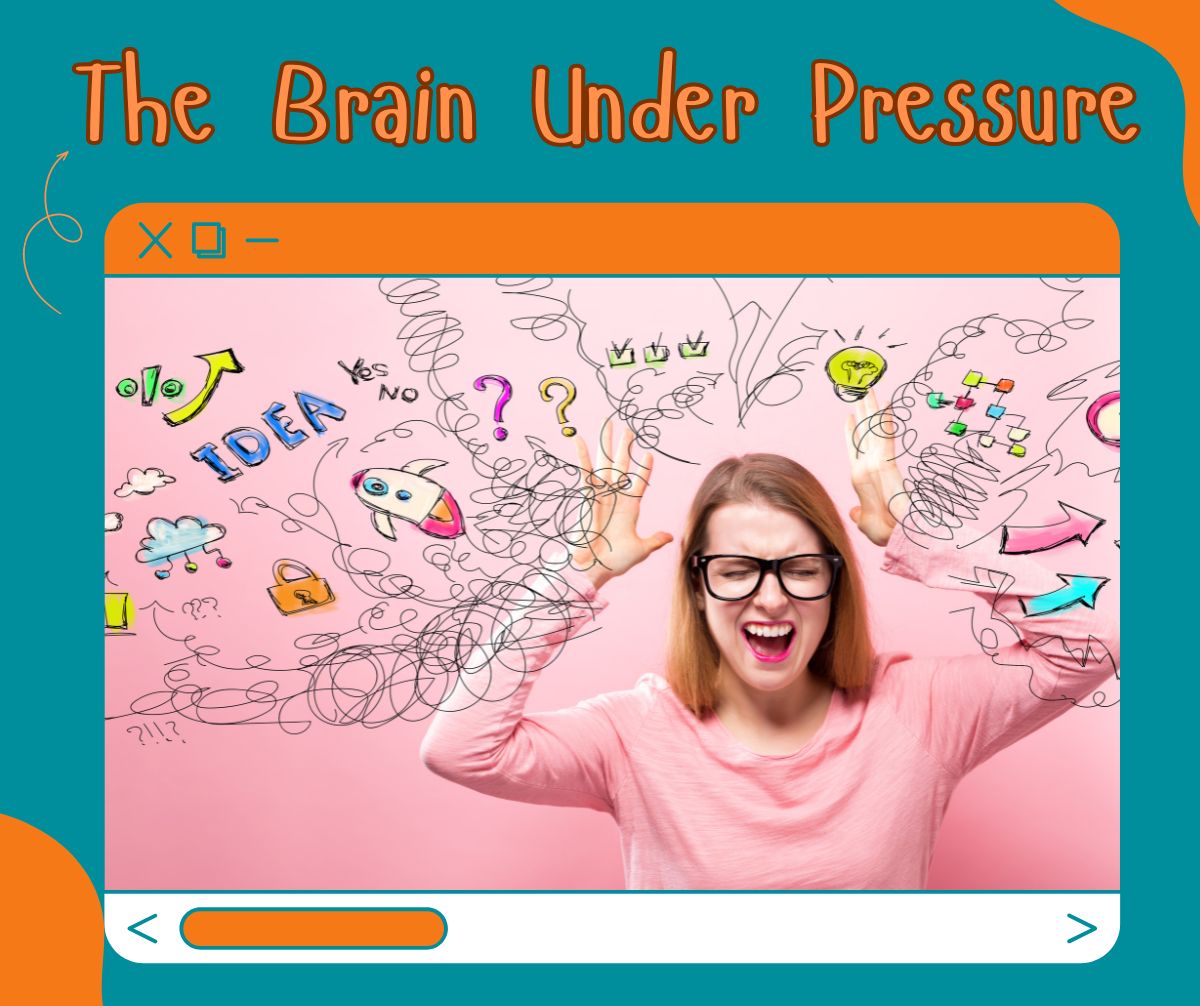Have you ever wondered how stress, an invisible force, can radically alter the workings of our brain? In a world where stress is often a constant companion, understanding its impact on our mental capabilities is not just interesting but essential.

The Brain Under Pressure
Stress, a response to perceived threats or challenges, triggers a cascade of biochemical reactions in our brains. But what does this mean for our everyday cognitive functions?
- Memory and Learning Under Siege
- Stress hormones like cortisol can impair the brain’s ability to form or recall new memories. Have you ever blanked out before a big presentation or exam – it is the brain under pressure. That’s stress meddling with your hippocampus, the memory centre of your brain.

- Mood Swings and Emotional Turbulence
- Ever felt like you’re on an emotional rollercoaster during stressful times? That’s no coincidence. Stress affects areas like the amygdala, known for regulating emotions, leading to heightened feelings of anxiety and mood swings.
- Cognitive Overload and Decision-Making
- Under stress, the prefrontal cortex, responsible for decision-making and rational thinking, often gets overwhelmed. This can lead to hasty decisions or difficulty concentrating, a common complaint in high-stress environments.
- Sleep Disruption: The Hidden Culprit
- Stress doesn’t just haunt our waking hours; it invades our sleep too. Ever tossed and turned, unable to sleep because your mind won’t quiet down? Stress impacts our sleep quality, affecting our overall brain function.
- Long-Term Effects: A Cause for Concern
- Chronic stress can lead to long-term changes in brain structure and function, making the understanding and management of stress crucial for maintaining mental health.
Taking Control of Stress Recognizing these impacts is the first step in mitigating the adverse effects of stress on our minds. Simple strategies like mindfulness, exercise, and adequate sleep can go a long way in preserving our mental health.

In our fast-paced world, where stress seems inevitable, knowledge is power. By understanding how stress impacts our brain, we can take proactive steps to safeguard our mental well-being.
Are you ready to take control of your stress and protect your brain? Remember, while stress is a part of life, it doesn’t have to rule our minds.



